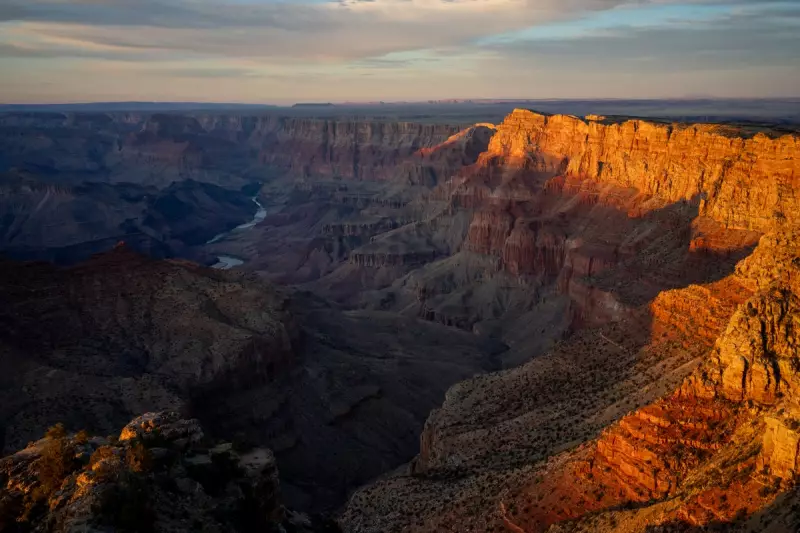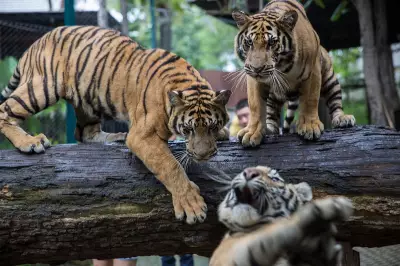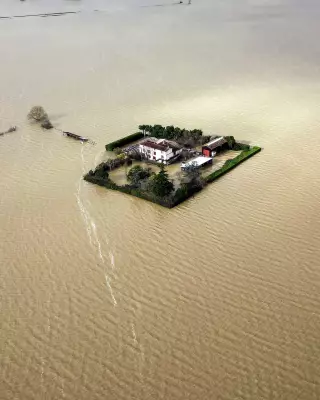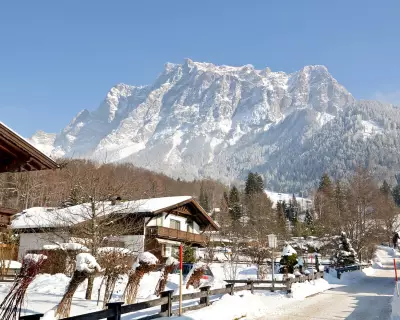
A team of researchers has uncovered startling new insights into the formation of the Grand Canyon, one of the world's most awe-inspiring natural wonders. The study, published in a leading scientific journal, suggests that the canyon's origins may be far more complex than previously believed.
Rethinking Geological History
For decades, scientists assumed the Grand Canyon was carved primarily by the Colorado River over millions of years. However, this new research presents compelling evidence that multiple geological processes contributed to its formation.
Key Findings:
- The western portion of the canyon appears significantly older than the eastern section
- Different erosion patterns suggest varied formation timelines
- Ancient river systems may have predated the Colorado River's involvement
Advanced Dating Techniques
The research team employed cutting-edge thermochronology methods to analyze rock samples from various canyon depths. This innovative approach allowed them to reconstruct thermal histories and determine precise erosion rates.
"Our findings challenge the conventional narrative of a uniformly-aged canyon," explained the lead researcher. "The Grand Canyon's story is more nuanced, with different sections forming at different times through diverse mechanisms."
Implications for Future Research
This discovery not only rewrites aspects of the Grand Canyon's history but also provides a new framework for understanding landscape evolution worldwide. Geologists may need to reconsider similar formations across the globe.
The team plans further investigations to explore how climate change and tectonic activity influenced the canyon's development over geological timescales.






